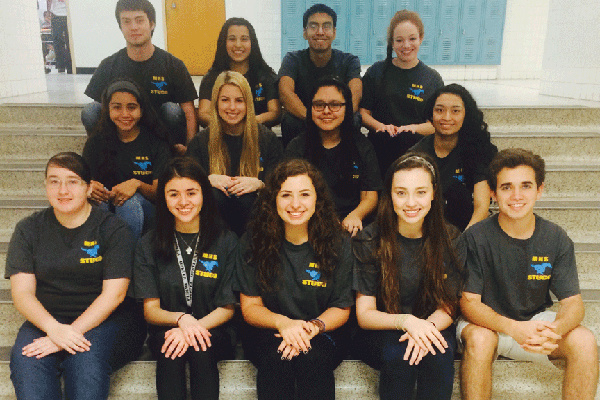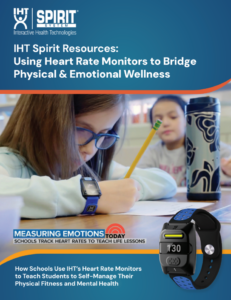Written by: Jacqueline Armendariz | The Monitor
Technology and fitness joined this past week to begin to track the progress of McAllen students in their physical education classes with the help of a federal grant.
McAllen high school students could have a personal fitness portfolio that tracks their progress until graduation with the tool known as the Spirit System from private Austin-based company Interactive Health Technologies, according to a news release from the district.
Last week, PE instructors underwent training in the Spirit System, which uses wireless technology to digitally monitor students’ heart rates and assess their PE performance, immediately sending that feedback to the cellphones of students and parents at the end of class.
The government awarded the Carol M. White Physical Education Program grant, often known as PEP, to the McAllen school district in 2012, making it one of three districts in Texas and 56 nationwide to receive the help. In a three-year period, the district will receive a total of $1.9 million. This year’s chunk, which helped buy the Spirit System, is $715,495.
The PEP grant is for K-12 education, with the goal of helping students meet state physical education standards. The McAllen school district has said it wants to educate students to help prevent obesity and diabetes — growing and well-known problems in the state.
The district, in another news release, cites a survey conducted in March 2011 by the district’s PE and health coordinator, Mario Reyna, that found only 17.1 percent of McAllen students are physically active for at least an hour per day and 65 percent of students view two or more hours of television per day.
Reyna headed the team that applied for the PEP grant.
The estimated 8 million Texas adults who could have diabetes in 2040 will greatly burden the state’s healthcare system, according to information from the Texas Diabetes Council cited by the district.
The Spirit System, which costs $5,500 per campus, also includes a physical education curriculum — “PE3: PE for the Mind, Body, Spirit” — which is billed as connecting and strengthening students “physically, mentally, spiritually and physiologically” and discusses topics such as healthy eating as a family.
The PEP grant has also helped the district partner with the communitywide partnership known as Texas VALLEY — Valuing Activity with Lifestyle Lessons to Encourage Youth — to improve the PE program with an obesity prevention model and professional development for PE coaches.
Randomly chosen students have also contributed data in a separate initiative using a small monitoring device for several days out of the week to gauge the average activity level. Selected students should’ve received a letter for their parents with additional information about the project. The district said all the data gathered will remain private and not be shared.
Of the Spirit System, the district’s PE and health coordinator said in a news release:
“Students feel at home with technology and this will merge the two together.”


